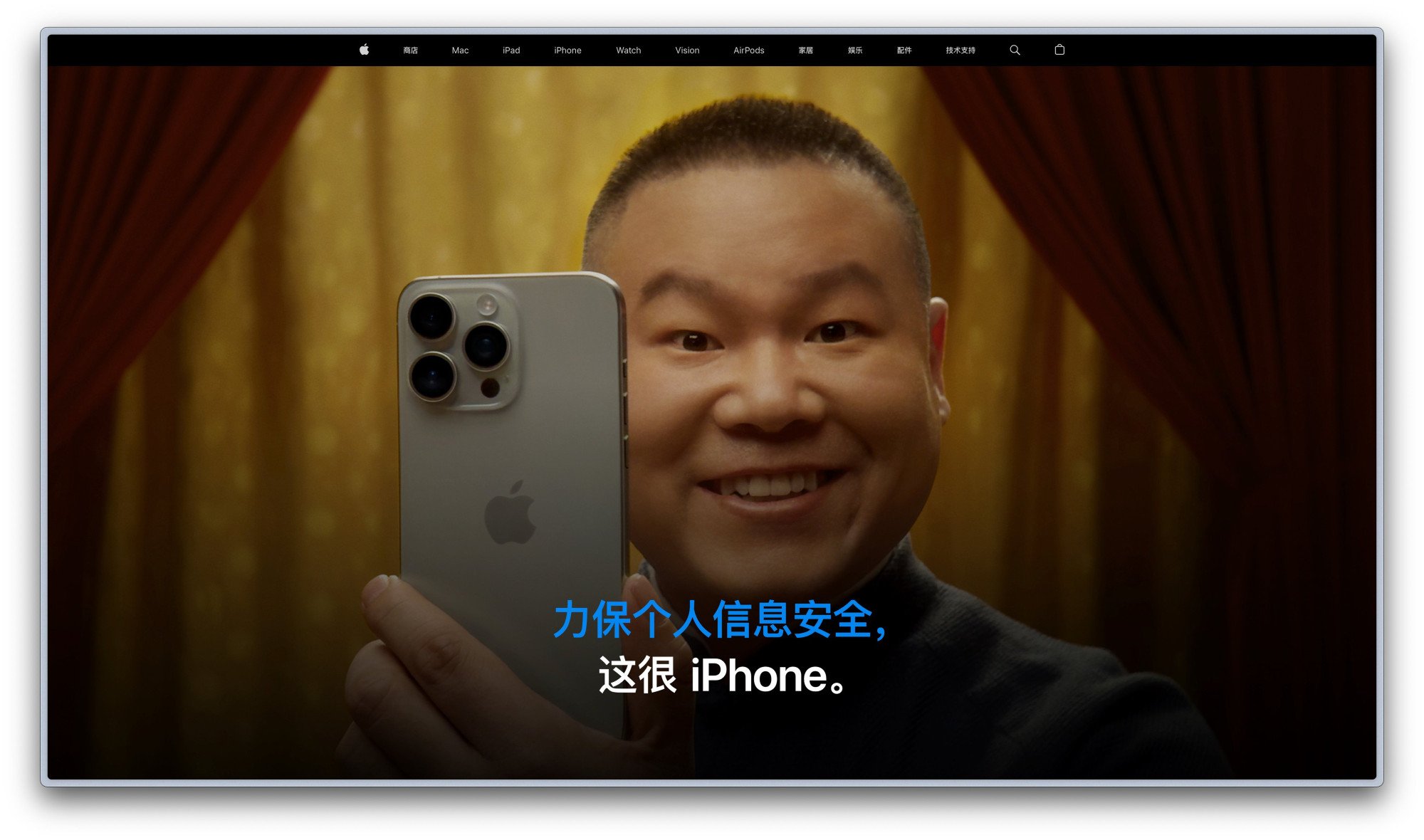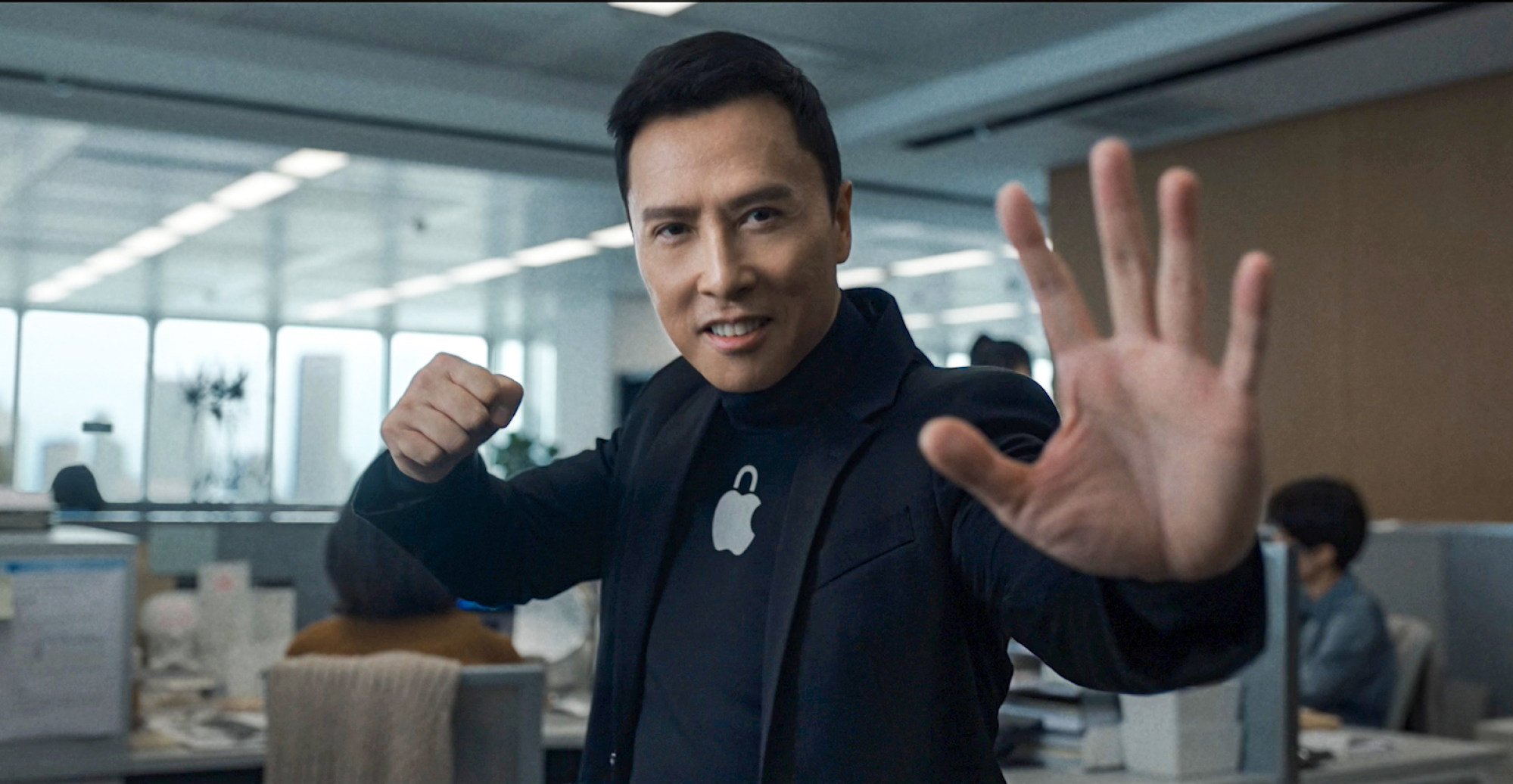Apple video ads use humour to trumpet privacy protection for Chinese iPhone users
In another video, the Apple staffer introduces Yue to Safari’s private browsing feature, that can stop websites from tracking or identifying the user, as the comedian wears a disguise over fears of being snooped on and tracked.

The videos went viral on Chinese social media, as netizens expressed surprise at the collaboration between the US tech giant and a grass-roots Chinese comedian, praising the creativity of the videos. The collaboration quickly became the top trending topic on Chinese microblogging platform Weibo, attracting over 110 million views and 21,000 discussions as of Wednesday.
The new campaign comes as Apple reiterates its commitment to privacy in China, where consumers are increasingly wary of data security issues and regulators are tightening their scrutiny of how businesses are handling user data.
Privacy has also emerged as a key issue as Apple moves to incorporate generative artificial intelligence (AI) in its devices. The company highlighted its focus on privacy in its AI strategy outlined last month, where it promised to handle most of the AI computing on the device, and use its Private Cloud Compute system to handle more complex AI problems.

Apple, which led smartphone sales in China in the fourth quarter of last year, lost its throne after sales declined 19.1 per cent in the first quarter, in the face of rising competition from Chinese rivals including Huawei Technologies, according to market research firm Counterpoint. It now ranks No 3 in the market after Chinese manufacturers Vivo and Huawei spin-off Honor.
The company has been defending its position by offering steep discounts on iPhones, a move which helped boost its smartphone sales by 2.7 per cent during the 618 online shopping festival, Counterpoint data showed.